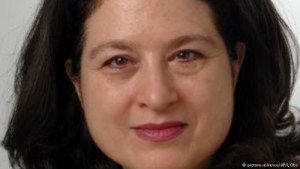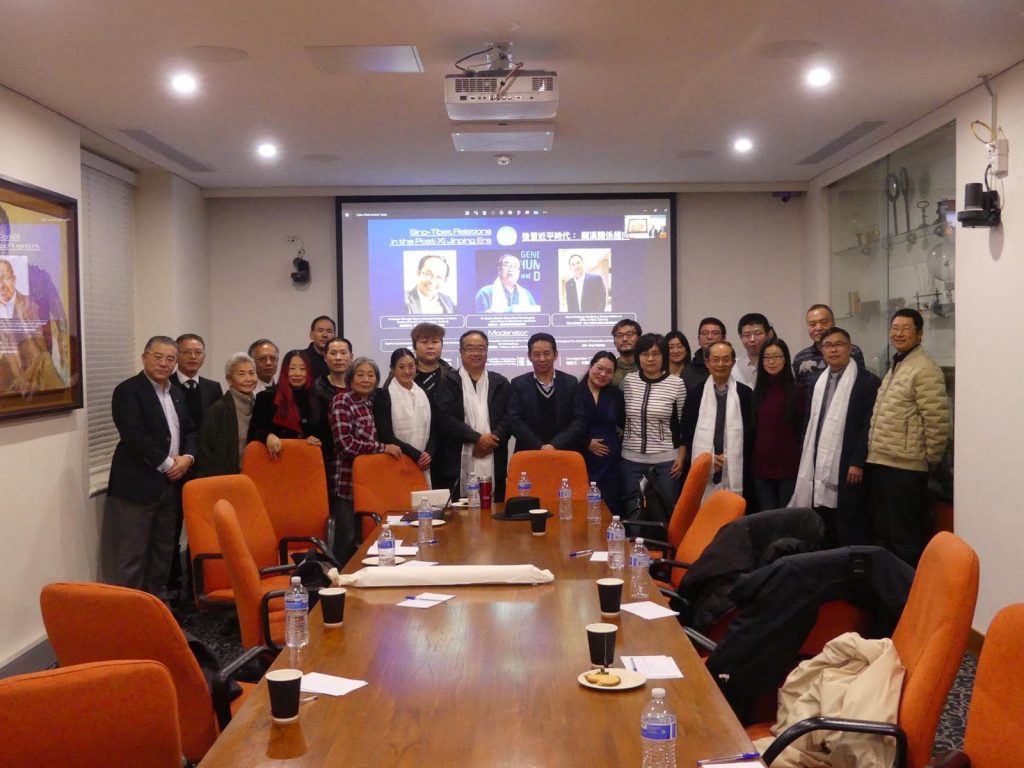
Sydney, Australia: The Office of Tibet, Canberra, in collaboration with the Chinese Alliance for Democracy, organised a seminar titled “Sino-Tibet Relations in the Post Xi Jinping Era” at Sydney University on 10 July 2024.
The seminar, graced by the presence of esteemed researchers, activists, and leading experts on China, engaged in a comprehensive discourse. The discussions ranged from the impact of Xi-Jinping’s policies on Sino-Tibetan relations to the alarming cultural genocide unfolding in Tibet under his rule.
In his opening remarks, Representative Karma Singey underscored the situation’s urgency, stating, “Today, a deep sense of insecurity, uncertainty, and fear pervades due to the Chinese government’s expansionist greed and repressive policies. If these policies remain unchallenged, the world’s peace and security are in grave jeopardy.” He further revealed China’s policy to securitise Tibet and Sinicise Tibetan people as part of Xi Jinping’s long-term assimilation drive.
Dr Gyalo, a leading expert on China’s assimilation and education policies in Tibet, shared his profound insights on Xi Jinping’s overall vision to create a Han-centric nationalism policy and how the Chinese government has enforced mandatory boarding school education for Tibetan children, which he described as forced sinicisation and policy of culture genocide against Tibetans.
Bawa Kalsang Gyaltsen, Representative of the Office of Tibet in Taiwan, explained the Central Tibetan Administration’s commitment to Middle Way Policy in finding a peaceful solution to the Sino-Tibet conflict. He further emphasised the importance of more vital interaction and allyship between Tibetan and Chinese communities to strengthen the friendship between the two communities.
Finally, Prof. Feng Chongyi, Associate Professor at the University of Technology Sydney and Chairman of the Australia and New Zealand Alliance of Victims of Chinese Communist Party spoke on how establishing a democratic constitutional government in China is the prerequisite for any nationality to achieve self-determination. He further explained that democratic negotiation or a referendum under a democratic political system is necessary to realise self-determination, which could result in autonomy, independence, or maintaining the status quo.
Dr Jin Jiang, Chairman of the Chinese Alliance for Democracy, Duoduo Zhang, President of the Sydney Chinese-Tibetan Friendship Group, and Sophia Tsai, a Taiwanese ally, moderated the seminar.
Dawa Sangmo, Chinese liaison officer of the Tibet Office, Canberra, delivered the closing remarks.

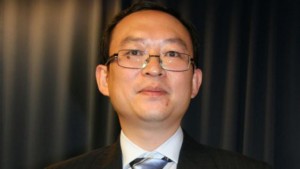
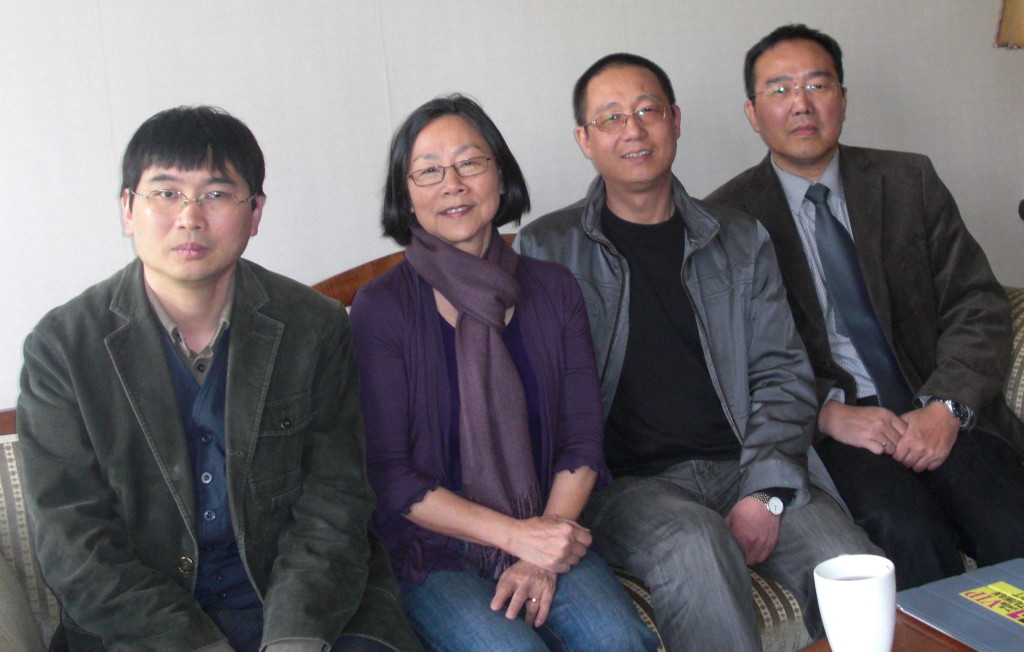
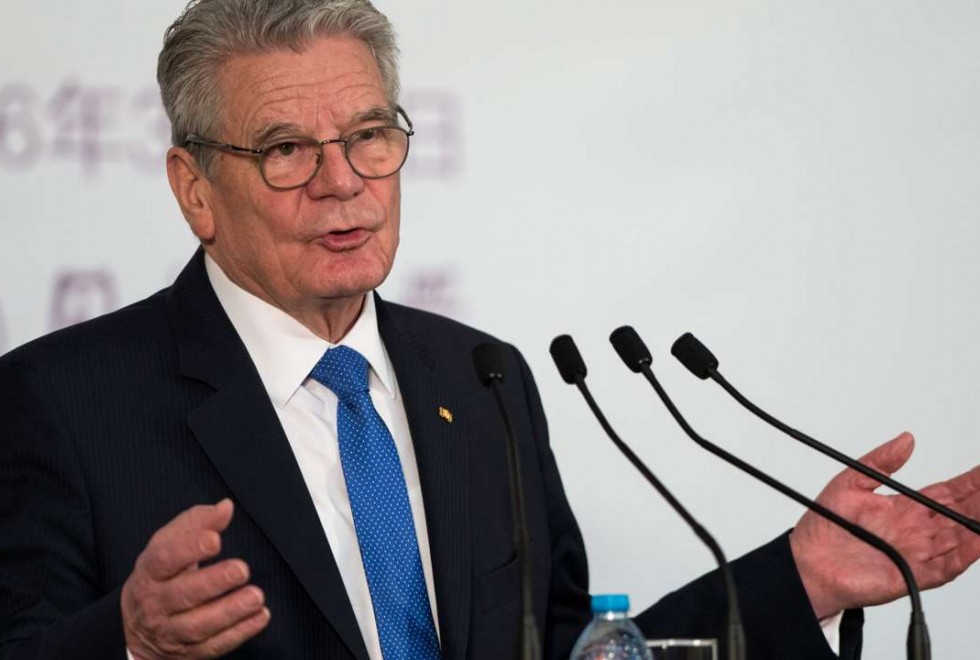 Germany’s president has condemned the illegitimacy of Communist rule in East Germany and lauded the benefits of human rights in a provocative speech to Shanghai university students on Wednesday.
Germany’s president has condemned the illegitimacy of Communist rule in East Germany and lauded the benefits of human rights in a provocative speech to Shanghai university students on Wednesday. 